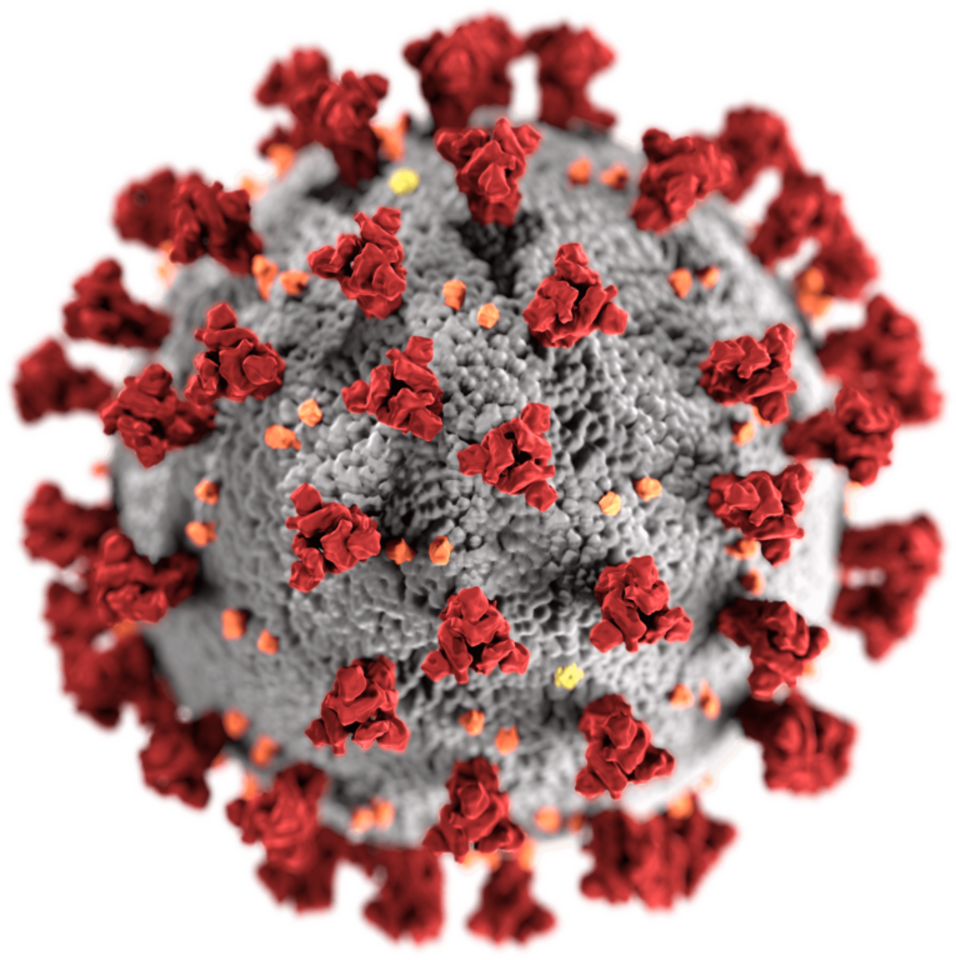Recently, the whole world has been facing new challenges due to the outbreak of the coronavirus. By March 2020, Europe had become the epicentre of the pandemic, reporting over 40% of the cases confirmed worldwide at that time. Many European countries declared shutdowns, shops were closed and curfews were imposed. There was a massive disruption of travel and trade throughout Europe and urgent legal questions, which had never been raised before, were unanswered. On this occasion, Christiane Wendehorst together with Ewoud Hondius (University of Utrecht, NL), Marta Santos Silva (University of Maastricht, NL), Pablo Salvador-Coderch (Universitat Pompeu Fabra Barcelona, ES), Andrea Nicolussi, (Catholic University of the Sacred Heart Milano, IT) and Fryderyk Zoll (Jagiellonian University Krakow, PL) launched a pan-European project, which covers pressing legal questions in various legal fields that have occurred during the corona crisis. Numerous renowned scholars of all (legal) disciplines have contributed to the publication.
Christiane Wendehorst herself contributed a paper on the use of "COVID apps" – i.e. mobile applications that are to be used by citizens for contact tracing and other purposes. Focusing in particular on aspects of data protection, the paper shows that the public criticism – at least with regard to the decentralised DP-3T design – is unfounded due to its extreme privacy-friendliness. Paradoxically, however, it is the app's high level of data protection and the voluntary nature of its use that may make the app an ineffective tool when it comes to combating the pandemic.
The publication is now available at: https://www.intersentiaonline.com/bundle/coronavirus-and-the

